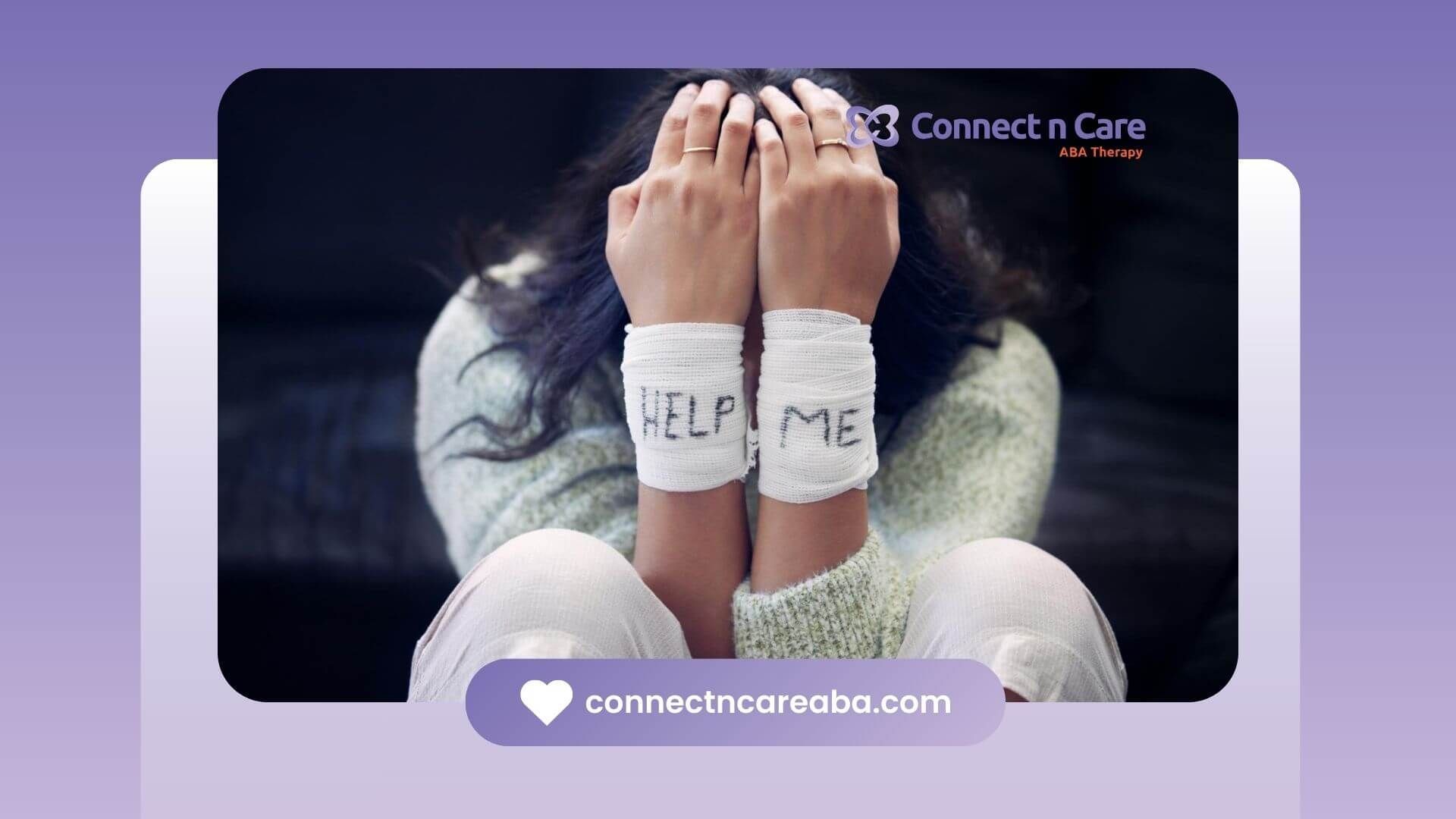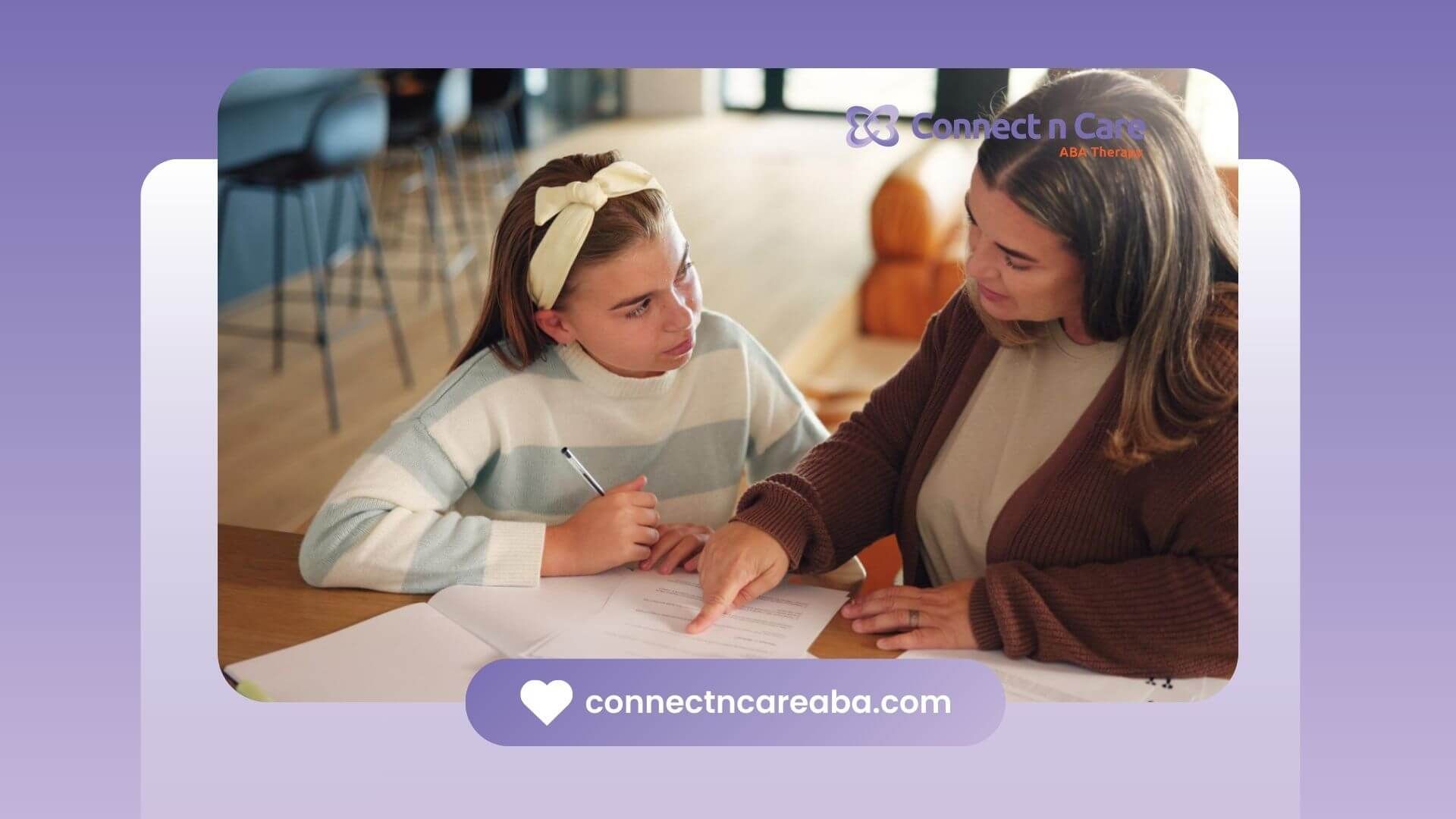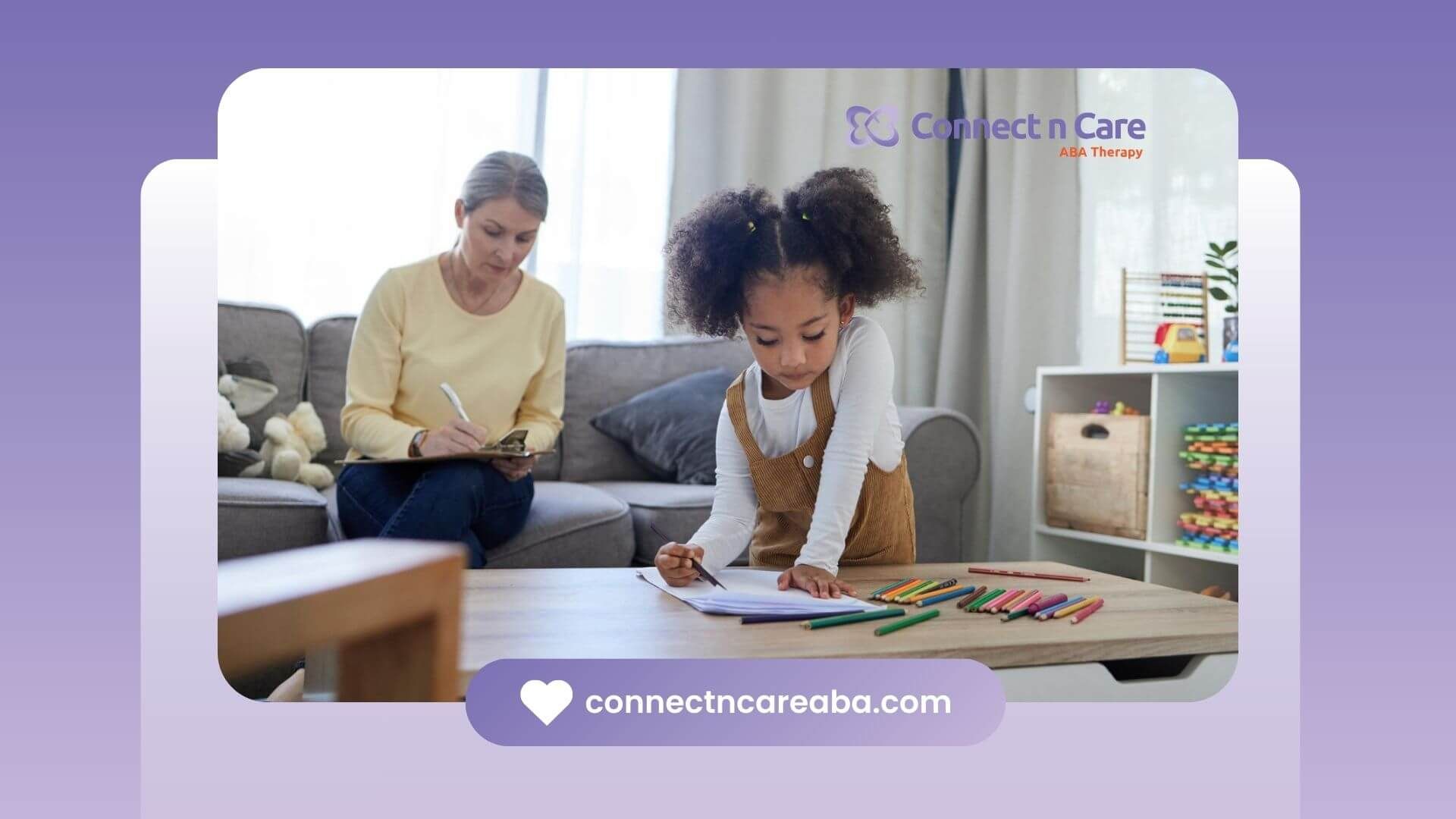Yelling at an autistic child can trigger stress, confusion, and emotional distress. Instead of correcting behavior, it often makes things worse. Research shows that yelling increases anxiety, can lead to meltdowns, and damages trust between you and your child.
What Happens When You Yell at an Autistic Child?
- Increased Stress: Autistic children are highly sensitive to loud sounds and changes in tone. Yelling can cause sensory overload, leading to shutdowns or meltdowns.
- Emotional Impact: Yelling can lower self-esteem and increase the risk of depression. Studies link frequent yelling to higher rates of anxiety and depression in autistic children.
- Behavior Worsens: Instead of learning, children may become more withdrawn or aggressive. Up to 20% of autistic children show increased aggression after stressful interactions.
- Communication Breaks Down: Yelling makes it harder for autistic children to understand what’s expected, damaging trust and making future communication tougher.
First-Hand Experience
Many families share that after yelling, their autistic child became quieter, more anxious, or had more meltdowns. One parent reported, “After a tough day, I raised my voice. My son didn’t respond with words—he just covered his ears and shut down. It took hours to reconnect.”
Data & Statistics
- Up to 20% of autistic children display aggressive behaviors when stressed.
- Chronic stress from yelling can lead to long-term emotional harm and relationship difficulties.
Wondering what happens when you yell at an autistic child? The answer is clear: it increases stress and makes things harder for everyone. At Connect n Care ABA, we help families build positive routines—without yelling. Ready for a calmer home? Call us and let’s create a peaceful path forward together.
FAQs:
What happens when you yell at an autistic child?
Yelling increases stress, anxiety, and can cause meltdowns or withdrawal.
Can yelling cause long-term harm to an autistic child?
Yes, it can lead to depression, lower self-esteem, and damage relationships.
What should I do instead of yelling?
Use calm, clear communication and seek support from ABA professionals for effective strategies.
Sources:
- https://www.thinkingautism.org.uk/aggression-in-autism-one-simple-cause/
- https://childmind.org/article/how-anxiety-leads-to-disruptive-behavior/
- https://www.thetransmitter.org/spectrum/communication-breaks-people-autism/
- https://pmc.ncbi.nlm.nih.gov/articles/PMC4922773/
- https://pmc.ncbi.nlm.nih.gov/articles/PMC3830422/









